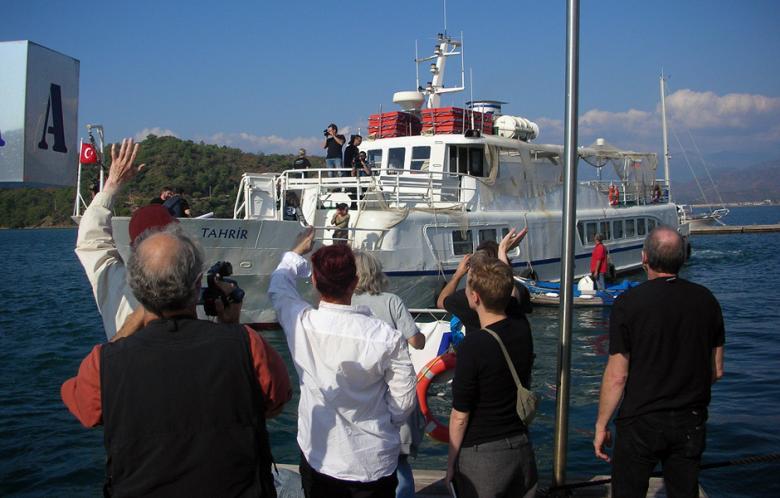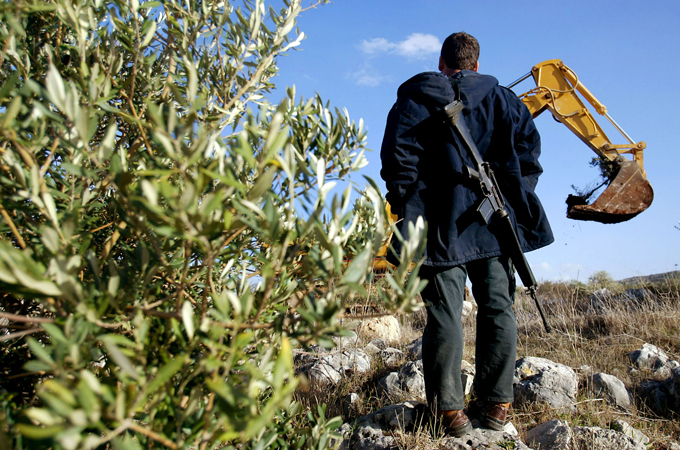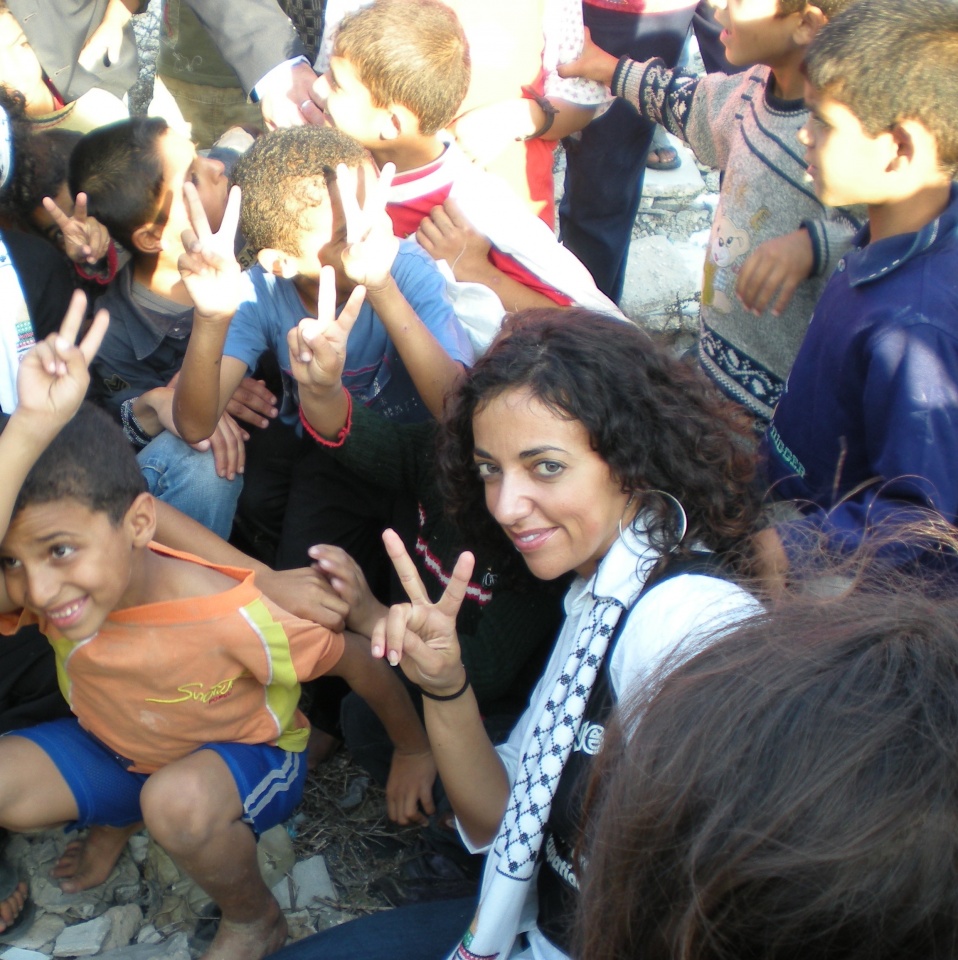Category: In the Media
-
Activists react to Gaza flotilla assault
by Ruqaya Izzidien 4 November 2011 | Al Akhbar English Palestine activists call on the international community to keep pressuring Israel to end the blockade of Gaza after the Freedom Waves flotilla was assaulted by Israel in international waters. Gaza — Palestinian activists have condemned the Israeli navy’s assault on the Freedom Waves to Gaza…
-
Al Jazeera: Resistance is fertile: Palestine’s eco-war
James Brownsell | Al Jazeera English After uprooting thousands of olive trees, Israel’s latest plantation may pose a fire risk to its own citizens. They come from across the planet and meet in the shadow of Israel’s 12m concrete wall. They strap olive saplings and water bottles to the back of a donkey, silent under its…
-
Huwaida Arraf: ‘They have lies to spin; we have truths to tell’
Yousef M. Aljamal 30 October 2011 | Mondoweiss Yousef M. Aljamal of Gaza’s Center for Political Development Studies interviews with Huwaida Arraf, cofounder of the International Solidarity Movement: Aljamal: First, could you please give us a brief introduction about ISM? Arraf: The International Solidarity Movement (ISM) is a Palestinian-led movement committed to resisting the Israeli occupation of Palestinian…



